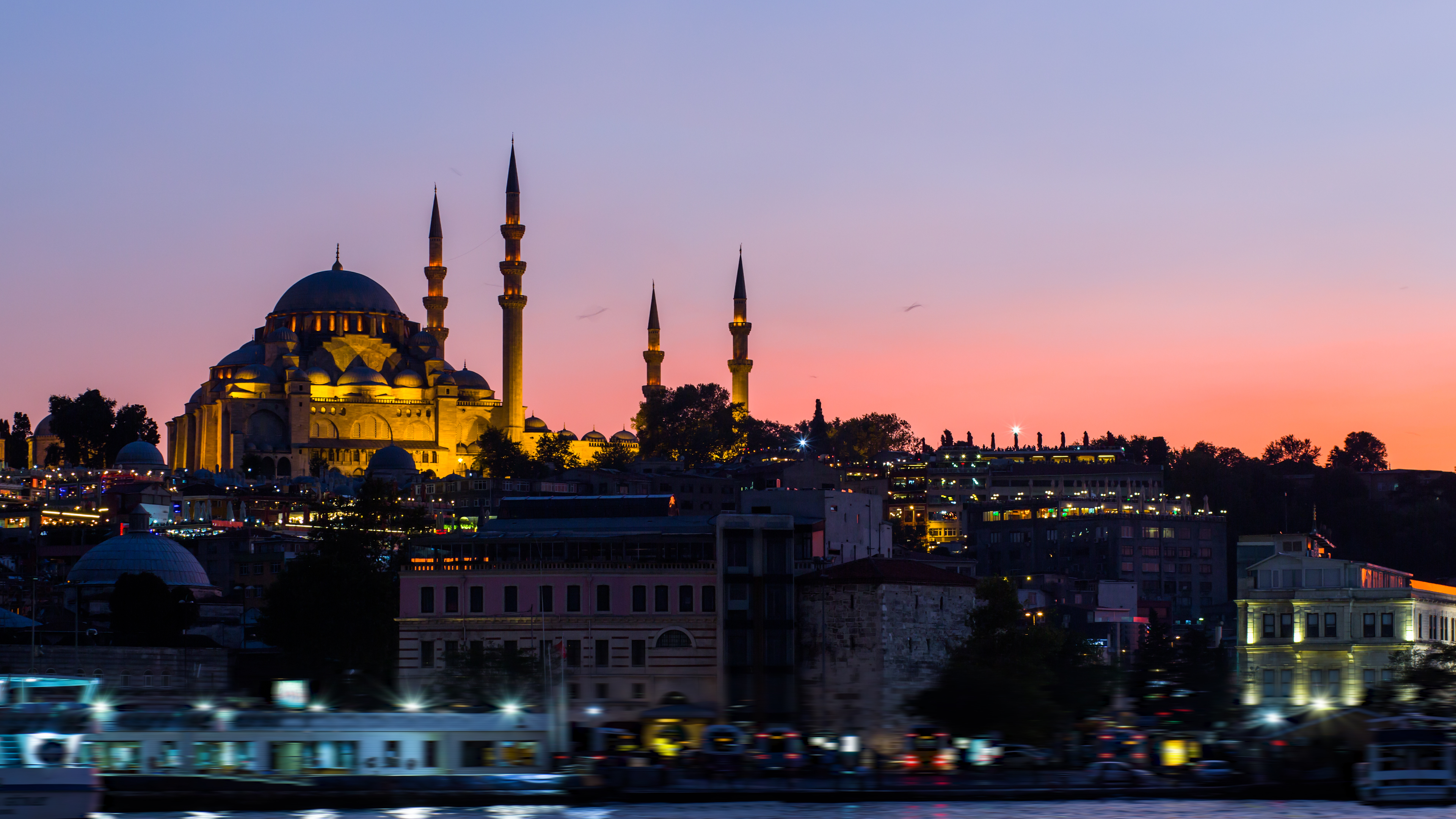Türkiye
Istanbul at the Crossroads of Crisis and Conversation

Istanbul hosts the world in the middle of May. From long-awaited peace negotiations between Russia and Ukraine to nuclear talks between Iran and European states, the city on the Bosphorus has become the beating heart of global diplomacy. Just weeks earlier, it also hosted a rare diplomatic round between the United States and Russia; focused on restoring consular operations. In a time when most global corridors are blocked by mistrust, Istanbul keeps its doors open.
Amid increasing polarisation, institutional fatigue and decreasing rules-based international order , and what can only be described as a global crisis in which trust in ideas, facts, and frameworks is eroding, Istanbul’s diplomatic surge offers a powerful counter-narrative. It reminds us of what this city has always represented: A space of convergence, contradiction, and connection, a place where cultures coexisted and political adversaries, then as now, sat across the table.
From Grain Deals to Peace Talks
Ever since the beginning of the week, international observers have been holding their breath on whether Istanbul will indeed host the first direct contact Ukrainian and Russian officials since 2022 – with President Trump reportedly considering attendance. Even President Donald Trump, currently touring the Gulf, had signalled he might travel to Türkiye if a Putin-Zelenskyy summit materializes. While speculation initially swirled about the potential presence of both President Vladimir Putin and former U.S. President Donald Trump, neither is expected to attend. U.S. Secretary of State Marco Rubio has confirmed his presence. In 2022, Istanbul hosted the Black Sea Grain Initiative and earlier rounds of Russia-Ukraine negotiations. It remains one of the few venues that Kyiv and Moscow find acceptable. Even if the talks falter, convening in Istanbul carries symbolic weight: It is still possible to talk.
One day later, on 16 May, Iran and European countries will meet here to assess the future of the 2015 nuclear deal; that is an urgent diplomatic moment given regional tensions and the anticipation of a new round of U.S.-Iran negotiations.
The search for dialogue doesn’t stop there. This week alone, several critical fronts are unfolding simultaneously; from the renewed India-Pakistan escalation following recent developments in Kashmir, to fragile ceasefires across parts of Africa. We are firmly living in an age of overlapping, real-time crises, where every opportunity to talk, convene, or de-escalate matters more than ever.
Türkiye’s Geopolitical Posture: Pragmatism in a Fragmented Order
Türkiye’s ability to host actors with competing, even conflicting, worldviews is no accident. It’s the result of what we can call “controlled pragmatism.” Türkiye no longer sees itself anchored to one bloc. The world order that once prioritized transatlantic consensus is splintering on security, technology, trade, and migration. Türkiye is responding by positioning itself not as a passive ally, but as an autonomous middle power; a hinge between East and West.
Why This Matters for Germany and Europe
For Germany and the European Union, Istanbul’s hosting of these summits is more than a regional curiosity. The outcomes, whether on Ukraine, Syria, or the Iranian nuclear issue, will have immediate implications for European security, migration patterns, and energy flows. But the bigger story is structural. Europe faces its own fragmentation. Far-right parties are rising, enlargement fatigue persists, and Türkiye’s EU candidacy is no longer framed in value-based terms. Instead, a more transactional, security-oriented logic defines the relationship. Türkiye is no longer merely an accession candidate. It is a strategic interlocutor; sometimes, it is a partner, sometimes a critic, yet, it is always a crucial part of the diplomatic picture.
We live in a time of constant crisis, but Istanbul challenges a dominant mood and offers a different message. In an era where neutrality is rare and ideological camps dominate global narratives, Türkiye’s and Istanbul’s ability to talk to all sides remains a geopolitical asset.
